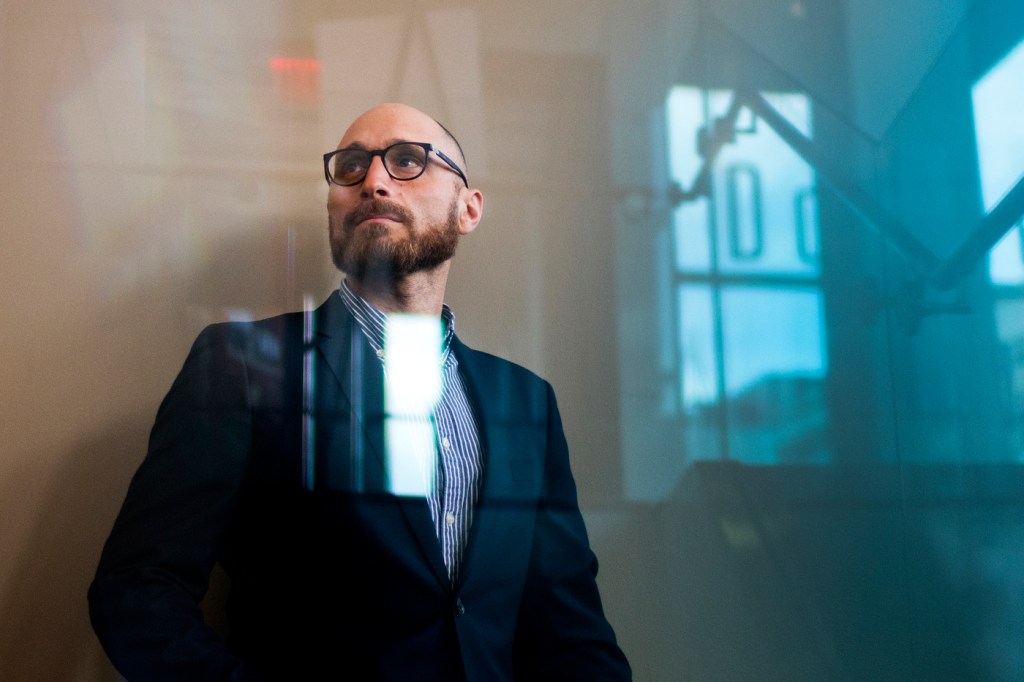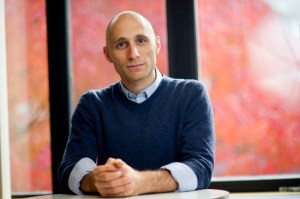
Leo
Beletsky
Professor of Law and Health Sciences; Faculty Director, Health in Justice Action Lab
Leo Beletsky in the Press

‘I feel reborn’: How GLP-1 drugs are transforming the lives of people struggling with addiction
“All options should be on the table, but there are significant ethical concerns with initiating medication for addiction that might not be there for long term,” said Leo Beletsky, a professor of law and health sciences at Northeastern University in Boston.

Trump declared fentanyl a weapon of mass destruction. What does it mean?
“It isn’t like we don’t have plenty of law enforcement, interdiction and prosecutorial tools at our disposal to dismantle drug trafficking organization,” said Leo Beletsky, a professor of law and health sciences at Northeastern University, who called the order the “latest episode in drug policy theatrics.”

RFK Jr. wants addiction ‘healing camps’ like San Patrignano. How the famous rehab works
Northeastern University Health and Law Professor Leo Beletsky said without the proper guardrails to ensure that medical standards are followed, large therapeutic communities in the U.S. could turn into something like work camps.
Mass Live
Why Mass. has one of the largest systems of involuntarily committing people for substance use disorder treatment
Massachusetts has one of the largest systems of involuntarily committing people for substance use-disorder treatment. That’s according to Leo Beletsky, a professor of law and health science at Northeastern University who served on the state’s Section 35 Commission.
Boston.com
Boston sees lowest number of opioid overdose deaths in 9 years, new data shows
“It’s been a very demoralizing trend, where we’ve seen oftentimes double-digit year-over-year increases, and so this decline is a welcomed change,” said Leo Beletsky, a professor of law and health sciences at Northeastern University.

U.S. fentanyl deaths have been plunging. Enter Trump
“We’re finally seeing smart investments bear fruit, and then suddenly eliminating what works is going to have very sinister consequences for progress on overdose prevention,” said Leo Beletsky, professor of law and health sciences at Northeastern University in Boston.

Who killed Tyler Skaggs?
Leo Beletsky, a professor of law and health sciences at Northeastern University who has studied the prosecution of overdoses as homicides, said the purpose of such cases is “performative. … They help policymakers, prosecutors, other folks, to signal to their constituents that they’re doing something about the crisis while actually likely making it worse.”

Mass. sees largest decline in opioid-related deaths in more than a decade
Leo Beletsky, professor of law and health sciences at Northeastern University and an addiction expert, said higher incarceration rates among Black men are a significant driver of overdoses. People who had been in prison are much more likely to overdose and die after their release, Beletsky said. Access to substance abuse treatment, including medication, also […]

‘I literally cried:’ Annual overdoses in Mass. fell for first time in four years, CDC says
Leo Beletsky, director of Northeastern University’s Action Lab at the Center for Health Policy and Law, said the apparent decrease is “unequivocally good news” after watching overdoses climb for years.
U.S. News & World Report
Left Turn: Liberal Bastions Pivot to Tougher Stances on Drugs, Crime
“I would probably characterize it as a backlash,” Leo Beletsky, a professor of law and health sciences at Northeastern University, says of the apparent trend, “against some pretty modest reforms that have been promulgated recently.”










